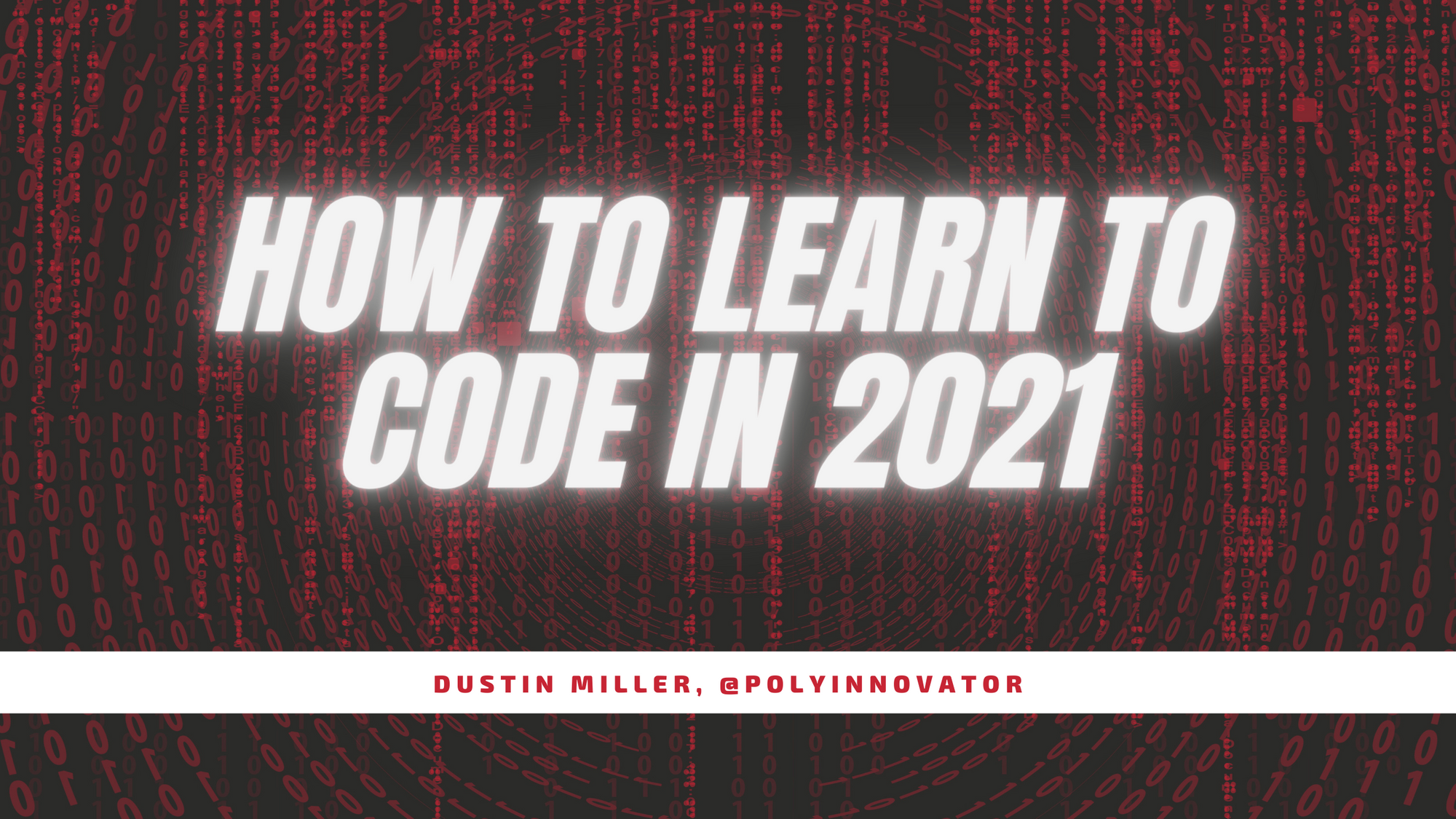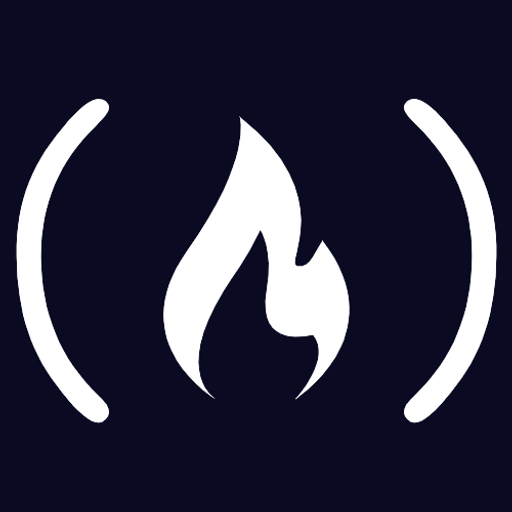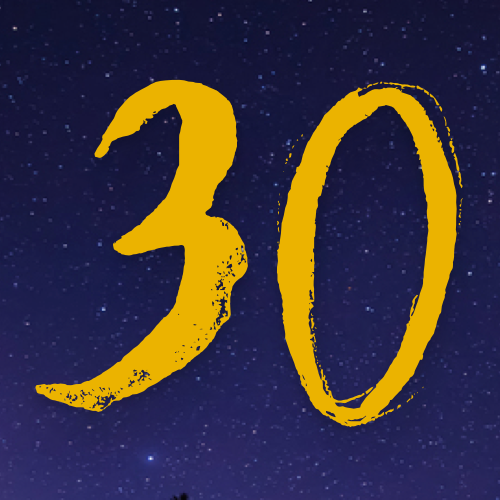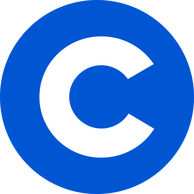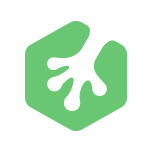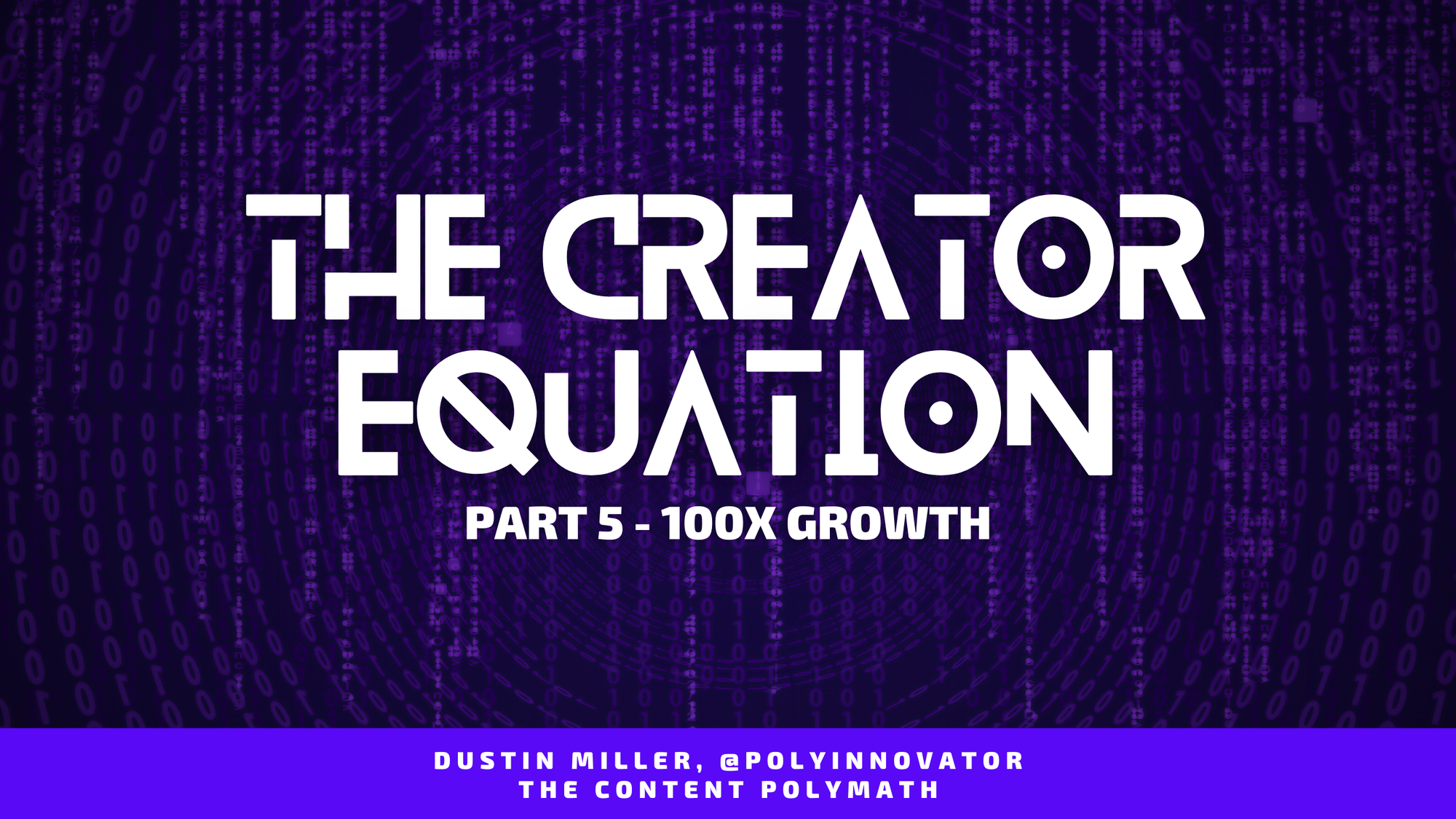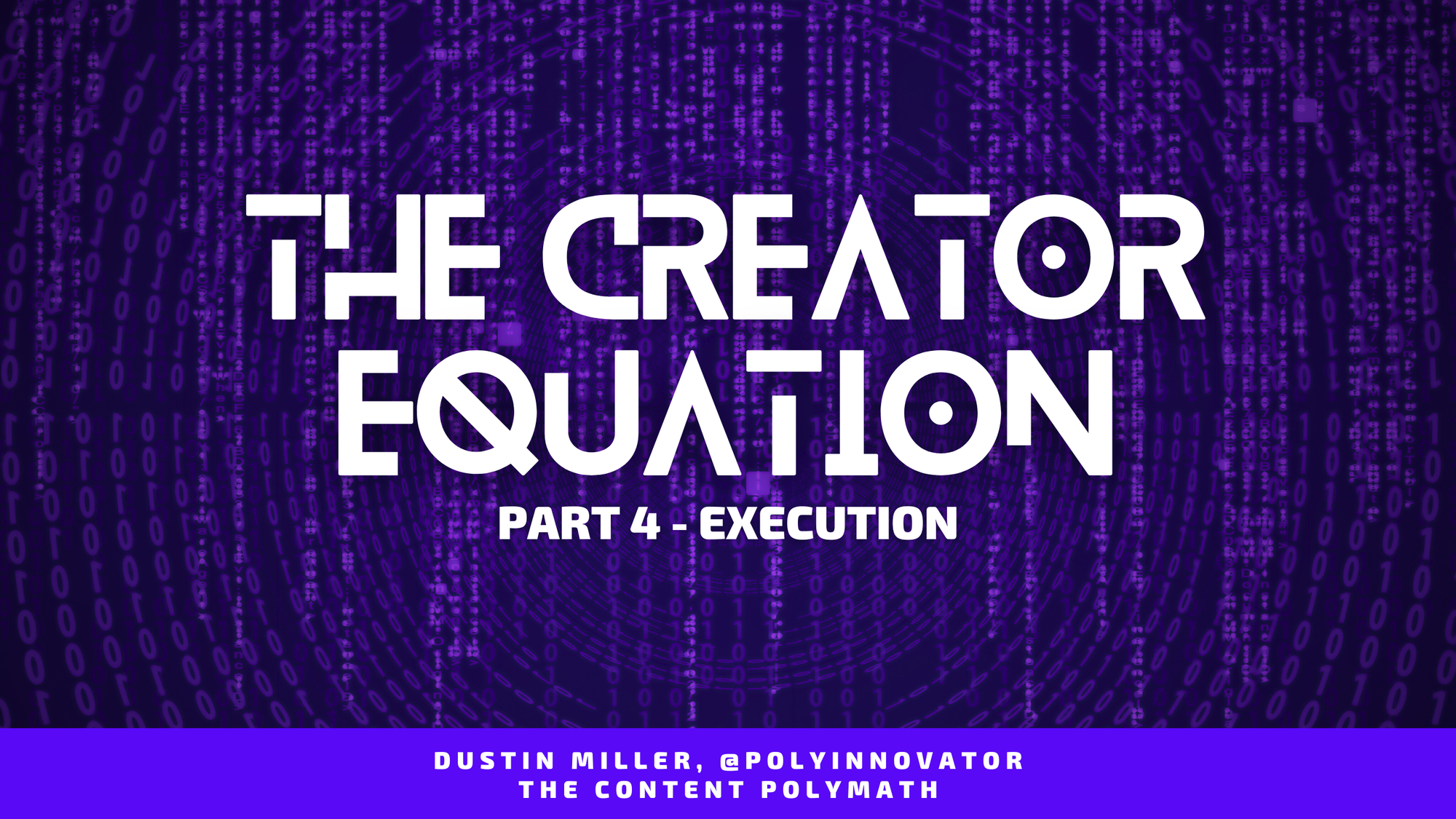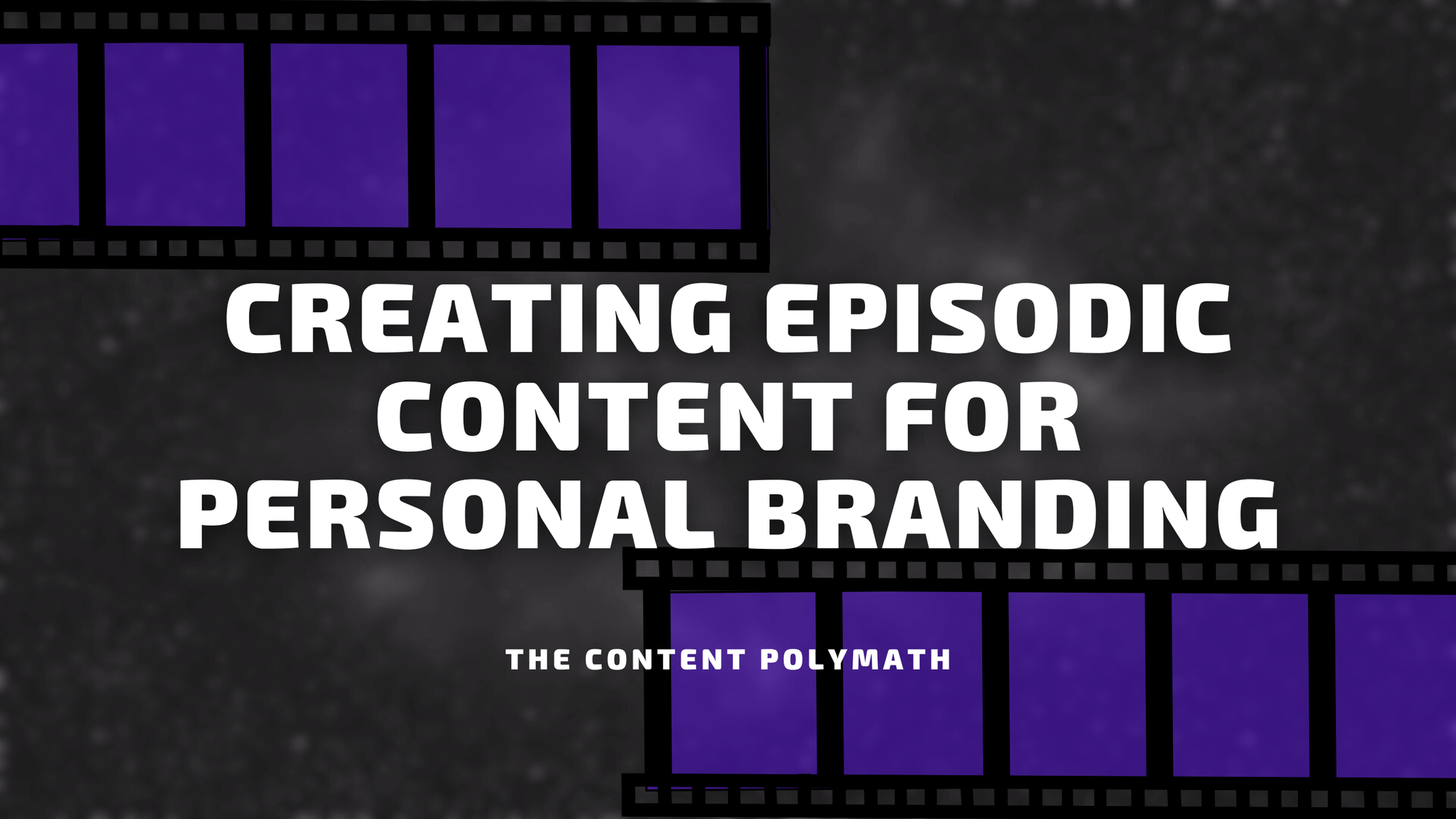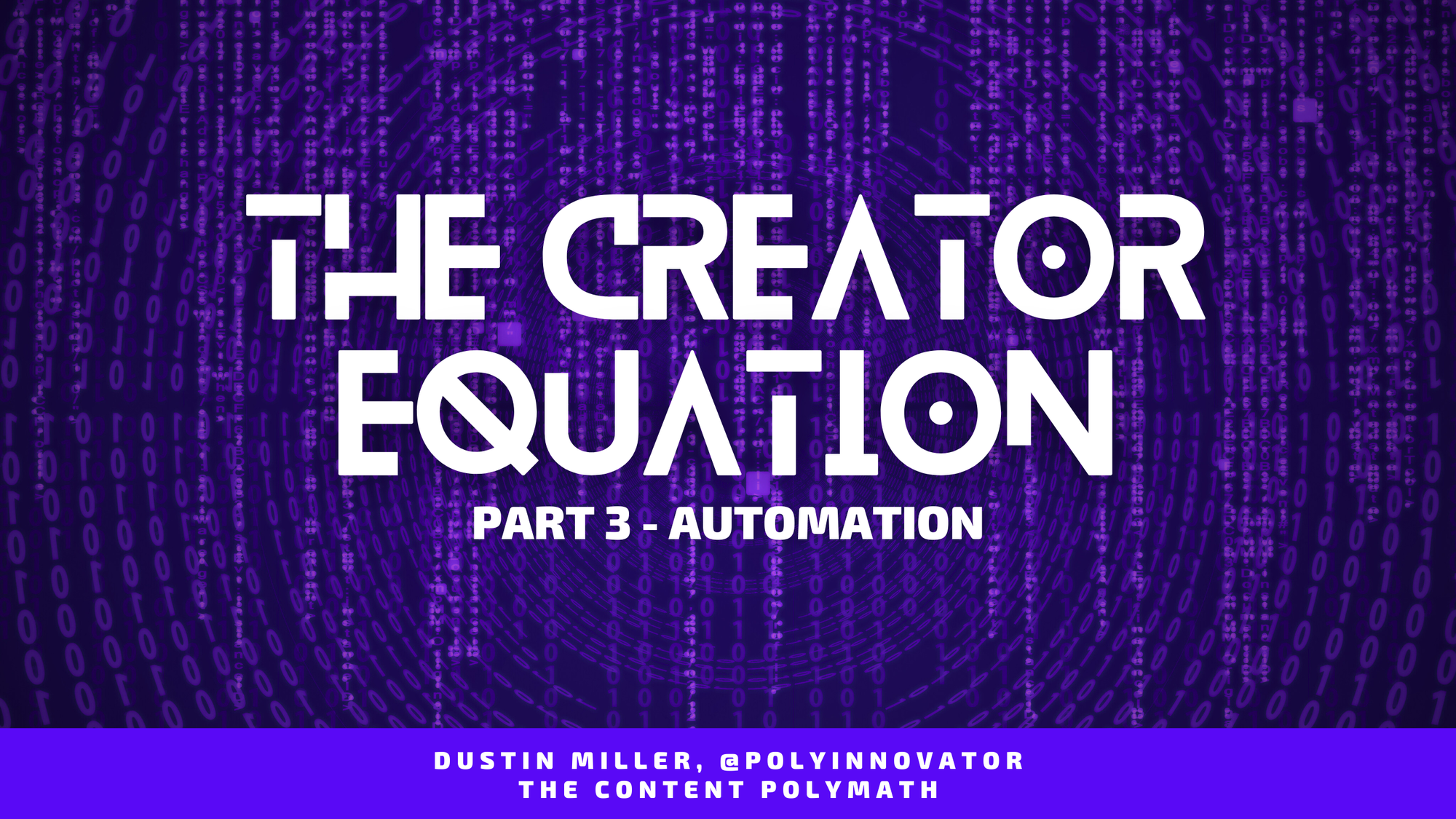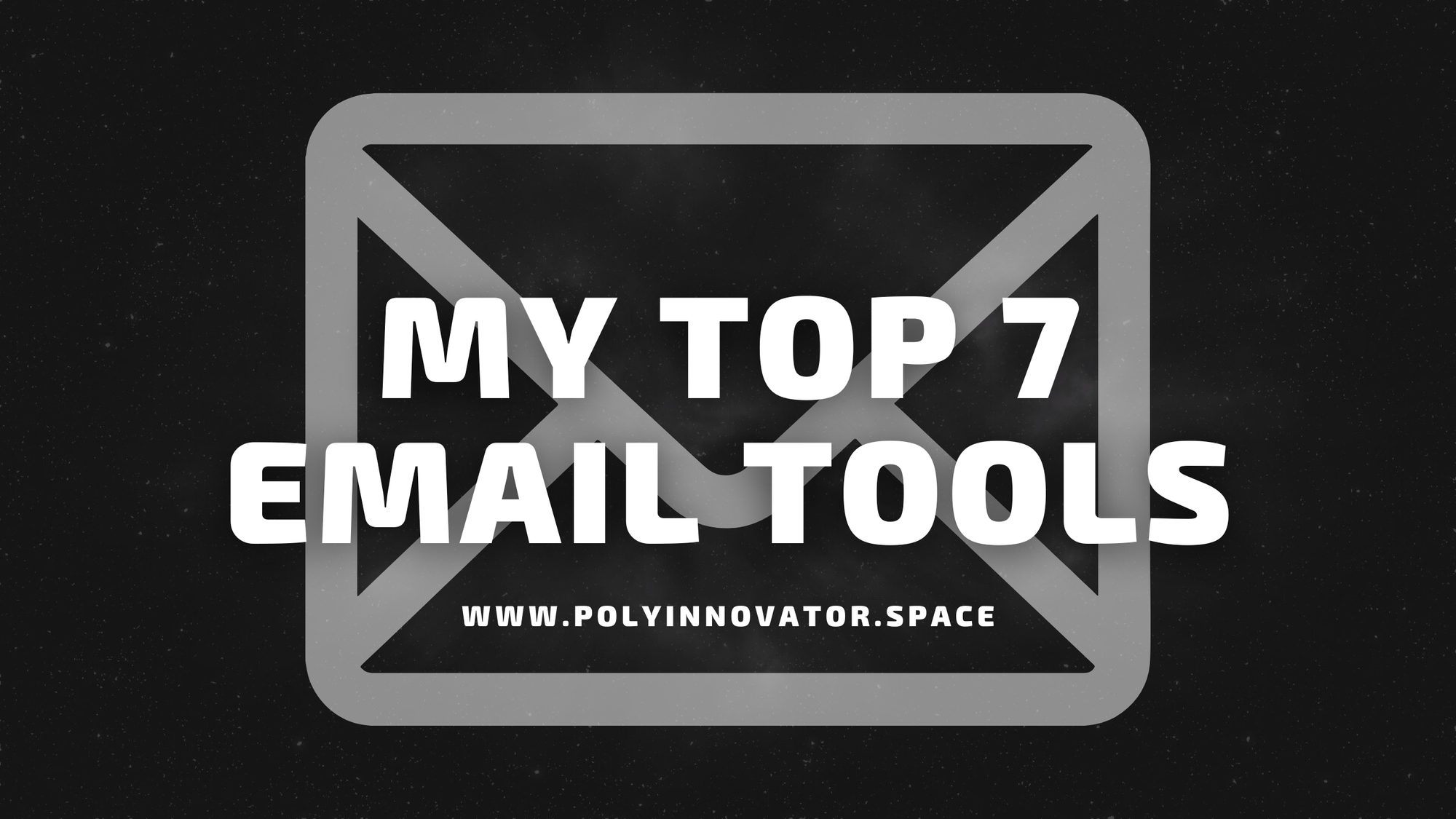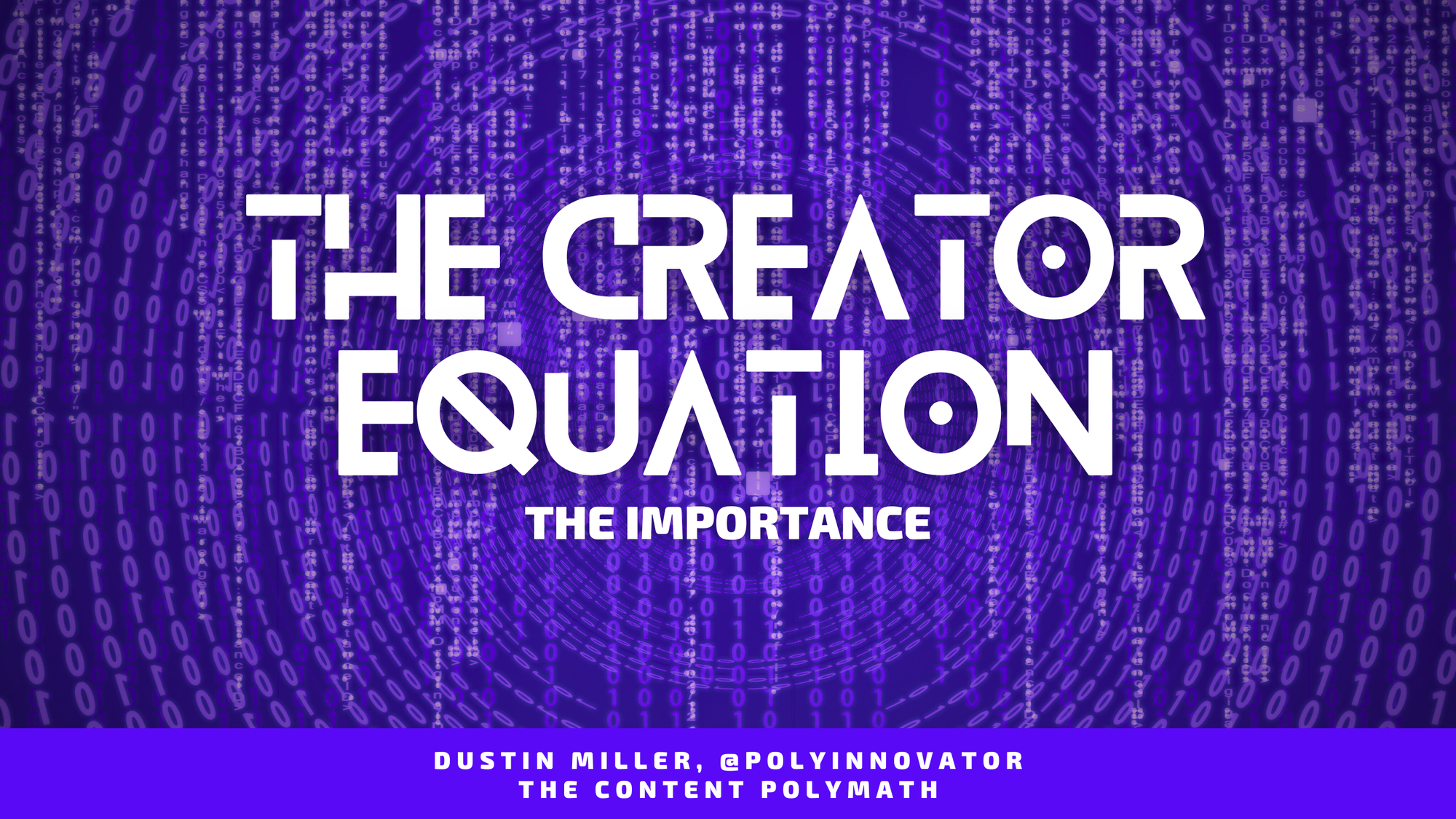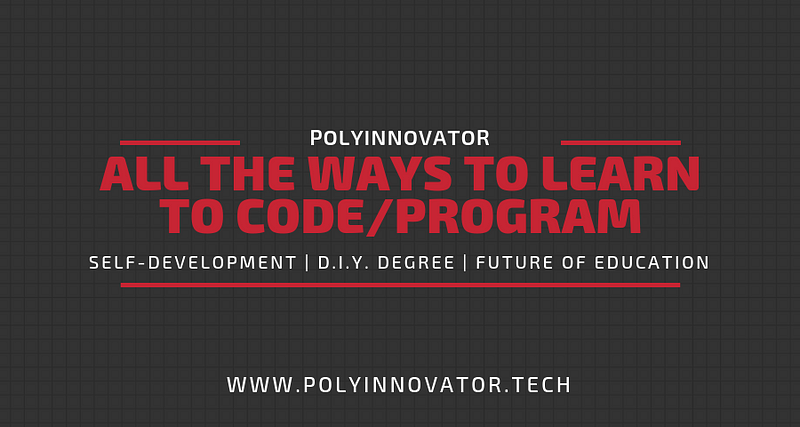
Why Would You WANT to Code?
Perhaps there is some website you have always liked, and wonder how it works. Maybe there is a project on the back of your mind you have always wanted to create. Maybe you’re missing a marketable/leverage-able skill that you want to lead you into a career.
Regardless of your reason, there is a remaining fact: That there is a reason.
With intention comes progress. With Progress comes success.
Why it is Useful
Even if you are only the creative type then you can find a home. If you are not creative, but like solving puzzles/problems then you can find a home.
Programming and coding are the means of creation in the digital age. There is nothing on the technology you are using right now that wasn’t made using code.
Why its Important
I believe it was Obama who said that everyone should learn to code, or at least that is what I remember! Anyways, I disagree, not everyone is the right type to learn it. However I do think A LOT more people should.
It is extremely useful, and there is growing disproportions in the labor market where we need more skilled workers. It won’t always be super high paying, so you want to get in asap.
There will always be specialists however, so perhaps start here, then expand.
You should learn because it is WORTH learning.
How Could It impact Your Life?
Being able to create something on the computer or phone, via programming is a skill that would help you the rest of your life.
Even at the most minimal level, you gain a much better understanding of how the technology you use on a daily basis.
Overall the process of programming is something not unlike solving puzzles, and trying to build the biggest puzzle out there.
Challenge yourself today with a course!
How To Code Resources
This is going to be a long list of websites, and collections that will help you along your journey.
You never know what sort of learning would work best for you until you try. I want you to also look at EVERYTHING. I don’t care if you can’t afford it or not, just look because perhaps one of the “paid” resources would be best for you. Some have free versions on the paid part of the list, though I tried to put those in the freemium section. Anyways each platform is different, and will help you learn differently too.
Free:
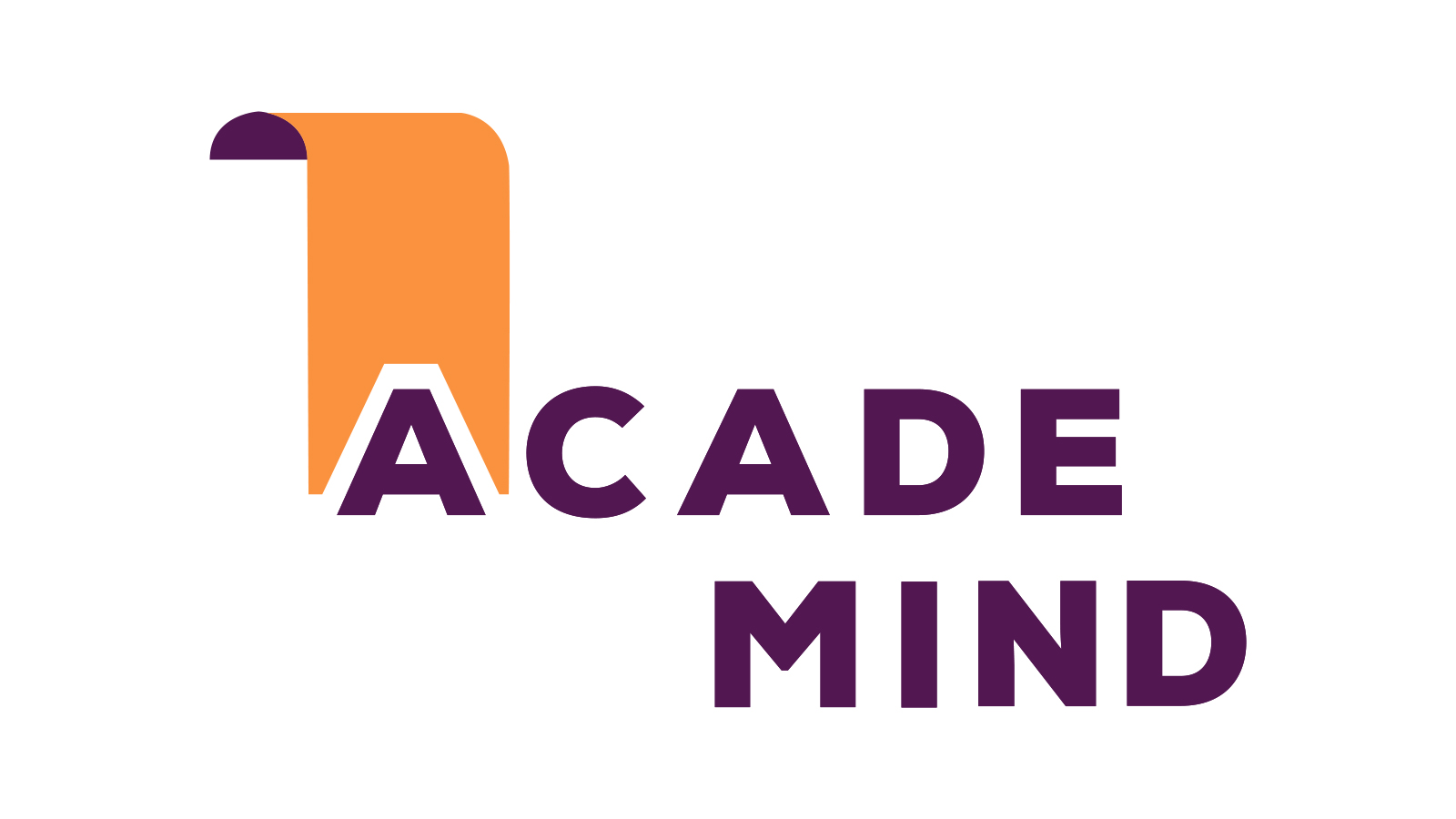
Handy resource


Shout out (some of the best, no offense to the other sites!):

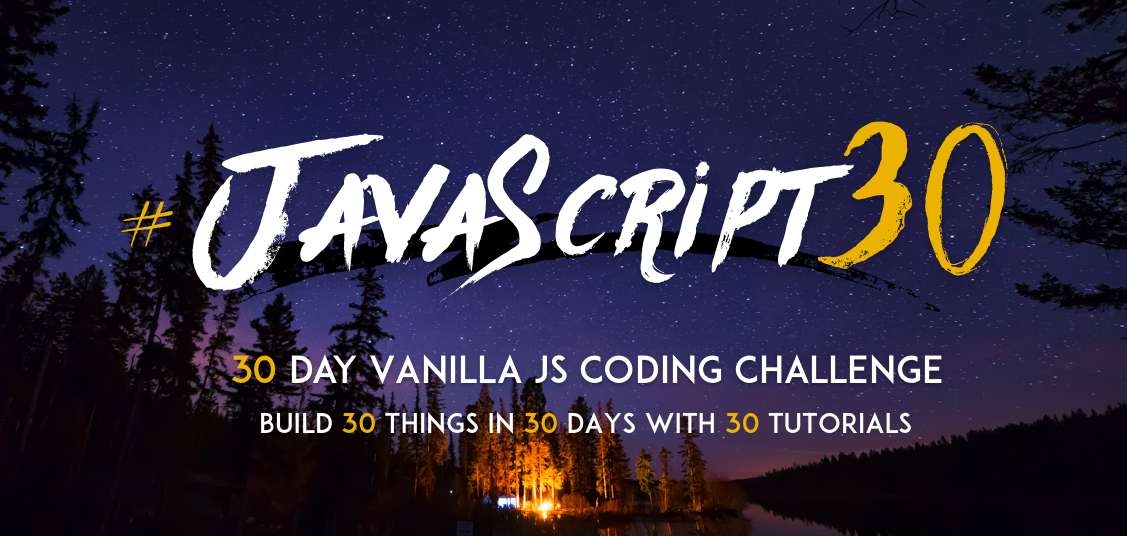



Freemium:
https://www.udacity.com/courses/all (technically most are free, but some are part of their microcredentials, so just in case I put it here)

Paid:
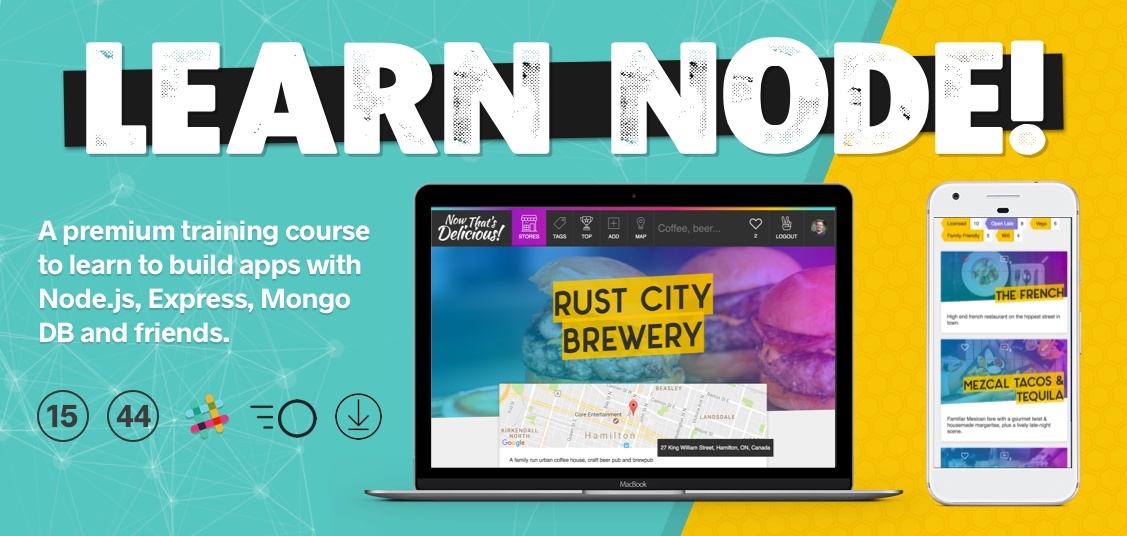

(Full disclosure this is an affiliate link ^^^, purely because its a great platform. It is the only one on this list)
MicroCredentials:


This is a collection, there was too many to put just one link, so here’s them all (PRO CERTS)


Now I honestly feel like I am missing something here, and I did a quick once over when it came to the big mooc sites like edx, coursera, and futurelearn. However this will get anyone started pretty quickly, and will give many people the necessary options to weigh.
How to Fit it Into a “Modular Degree”
Now one of the main themes of the PolyInnovator Publication is that of Self-Education. This is done by the Modular Degree, which is a curated list of courses and resources for an individual to take on.
For me it was business, programming, project management, and much more. Leading me into a list of over 400 courses. Do not let that trip you up, for you will need MUCH less. I would honestly say that the traditional Bachelor’s Degree level of 40 courses would suffice for most people. This is also a neat trick for your brain because most courses can be 1–3 hours to 30 hours, but no matter what it takes monumentally less time than a traditional degree.
This listicle today is one of the first I’ve made, and I hope I can make more that are far better. Even for coding/programming, as this was mainly for web development today.
The Mod Degree is meant to be malleable for this reason too, if there is something that isn’t working for you then you can choose to stop. As well as add something you think is necessary. When I was learning calculus for a time, I added algebra for relearning purposes for example.
Take this resource today and pursue ONE THING. Just one.
Then give it your all, you need to snowball this, not overwhelm yourself with too much. Speaking from experience here mind you.
Take a course, learn the basics, and I would honestly say that if you are completely fresh then start with HTML/CSS. A lot of microcredentials will include those btw.
What is Coding Really?
Coding is the process of creating and designing something. It doesn’t matter if its a website, game, application, or operating system itself. However many people would get onto me for saying coding, as when you get into the realms outside of HTML it becomes real programming.
Meaning it is a deeper layer of knowledge necessary, such as the syntax of a language, and overall the process of using a programming language. Which can change quite a lot between all of them.
Coding is mainly referring to the web development aspects.
What is the Point?
Firstly, to learn. If you don’t continuously learn then your brain starts to get weak, or worse…lazy.
Constant stimulus to the brain is necessary for growth. Yes relaxation is important, but only 20% of the time. The other 80% should be spent on improving yourself.
This post was made today to be a jumpstart to your 2021 experience, and I spent quite a long time gathering resources to find a lot of these. However as I said earlier there is more out there, and more that I wasn’t able to put in today. So feel free to reach out if you have something more specific you want to learn. (Twitter or Quora are good places to go).
Note: These are purely my opinion after trying to learn to code myself, and searching for all of the best websites on the subject. I certainly did not list them all, even that I know of. Let alone others that I don't know about.. My hope was that this post could help jumpstart you.
![Official Website for Dustin Miller PolyInnovator [LLC]](https://www.polyinnovator.space/content/images/2025/03/polyinnovator-logo-2024.png)

